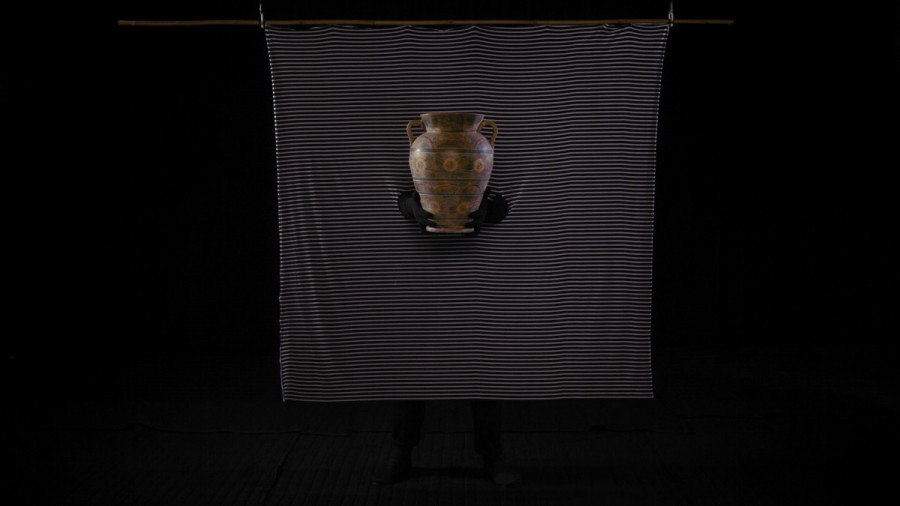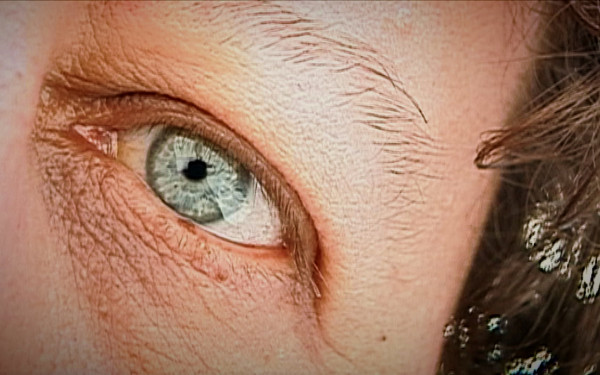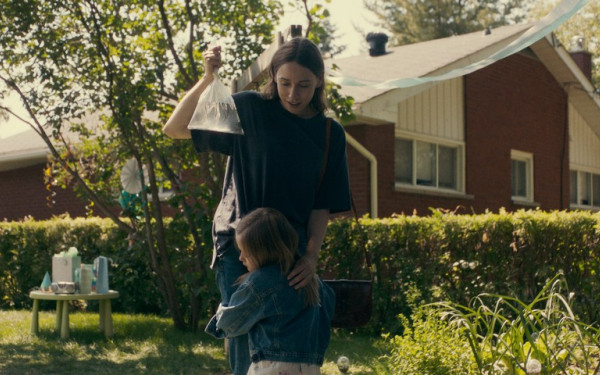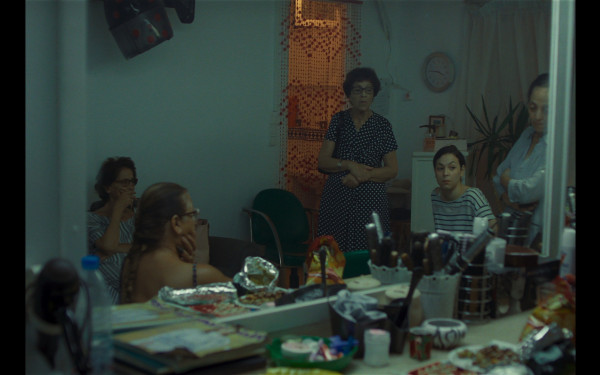Online screening of “Vases Communicants” addresses environmental racism
Short film pushes viewers to rethink the spaces we inhabit
“Vases Communicants” is an alluring short film meant to be part of an in-person exhibition called Going to, making do, passing just the same/ Aller à, faire avec, passer pareil. The film is screening online now until November 29.
The film, created by artists Edith Brunette and François Lemieux, is abundant with themes of territory, appropriation and materiality which speak to the exhibition’s larger message of environmental racism and population displacement.
“The whole project is really about exploring the ways we relate to territory and where we live, and how these territories are controlled through mechanisms and laws imposed by the state,” said Brunette.
In the making of the film, the artists brought together a variety of tactile objects such as straw, plaster and fabricated structures to create an abstract, sometimes eerie setup. At times, it seems that the objects are mirroring the infrastructure of borders and pipelines.
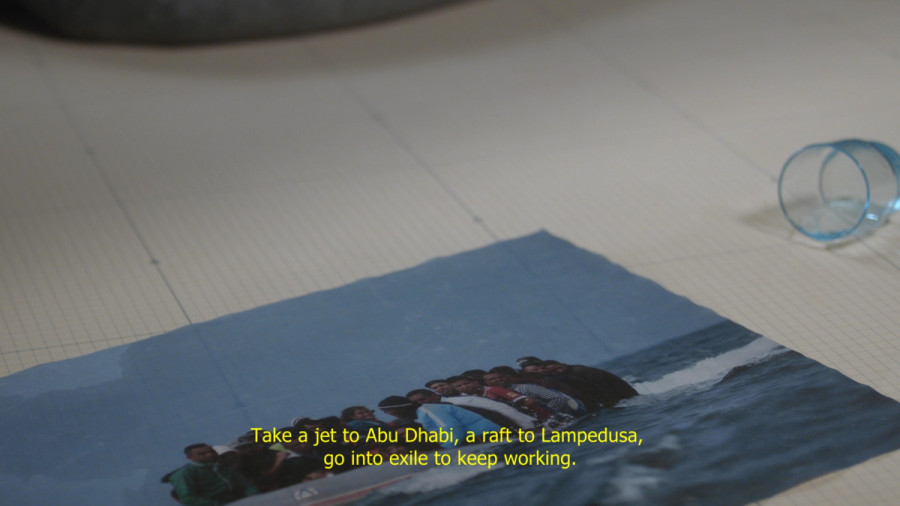
The film portrays the smashing of beautiful artifacts that could cause one’s heart to wince. Two hooded figures stuff the shattered parts under a carpet—an emblem of our colonialist and capitalist ways of being.
Our society builds on top of the old. But everything leaves a trace. The very foundation is corrupt at the core, its jagged edges poking through. Our home is made up of robbed culture and stolen land that does not belong to us.
Brunette and Lemieux use references to the body to illustrate how the political is inherently personal. The film’s narrator speaks of sperm retention, the exchange of women’s vital energy and how that energy is hoarded and replicated via the creation of children.
A hooded figure attempts to move another person against their will. While materiality is manipulated in the background, the figures are at a stand-off. This brings light to the human reality of migration and occupation.
“[…] COVID-19 reveals a lot of society’s problems. It allows us to relate more closely to these ideas of borders, restriction and oppression.” — Edith Brunette
Brunette and Lemieux spoke about their process which involved digging their hands into the soil. “We went to seven to eight sites in the province and we collected flowers and plants. Edith learned how to identify the plants and learn their properties,” said Lemieux.
The artists believe that we must all learn about the histories of the lands we inhabit and how they have been transformed by industry and the state.
Today, we are often disconnected from the spaces which we inhabit. Our relationship with the land has become highly exploitative. Due to the accessibility of travel, we can go wherever our hearts pleas without a second thought.
But who is paying the price? Travel is often a driving force of environmental degradation and raises the cost of living for locals. We are “global nomads,” perpetual visitors lacking a deeper connection to the lands we inhabit.
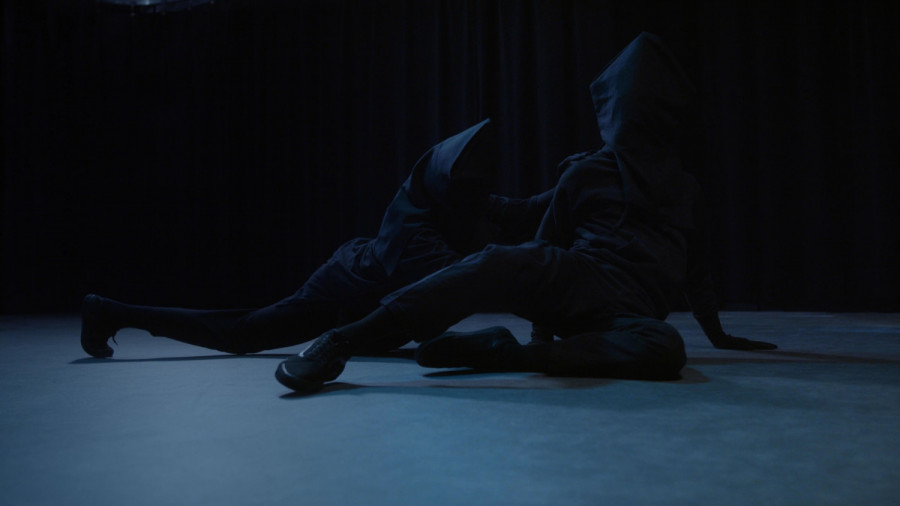
The installation was not intended to relate to COVID-19, but its message is now more relevant than ever.
“As so many people have noticed, COVID-19 reveals a lot of society’s problems. It allows us to relate more closely to these ideas of borders, restriction and oppression,” said Brunette.
Today, many are restricted in ways we couldn’t have fathomed a year ago. “Vases Communicants” reminds us that in times of global pandemic, it really is best to stay put.
The title of the full exhibition, Going to, making do, passing just the same, suggests that we should let ourselves be in this imperfect situation and make do with what’s around us. We cannot wait for the ideal conditions to show up as time will pass, just the same.
Unfortunately, the exhibition is not currently accessible to the public. However, the short film is available on the Galerie Leonard & Bina Elle Art Gallery website alongside recorded discussions on environmental racism and population displacement.

